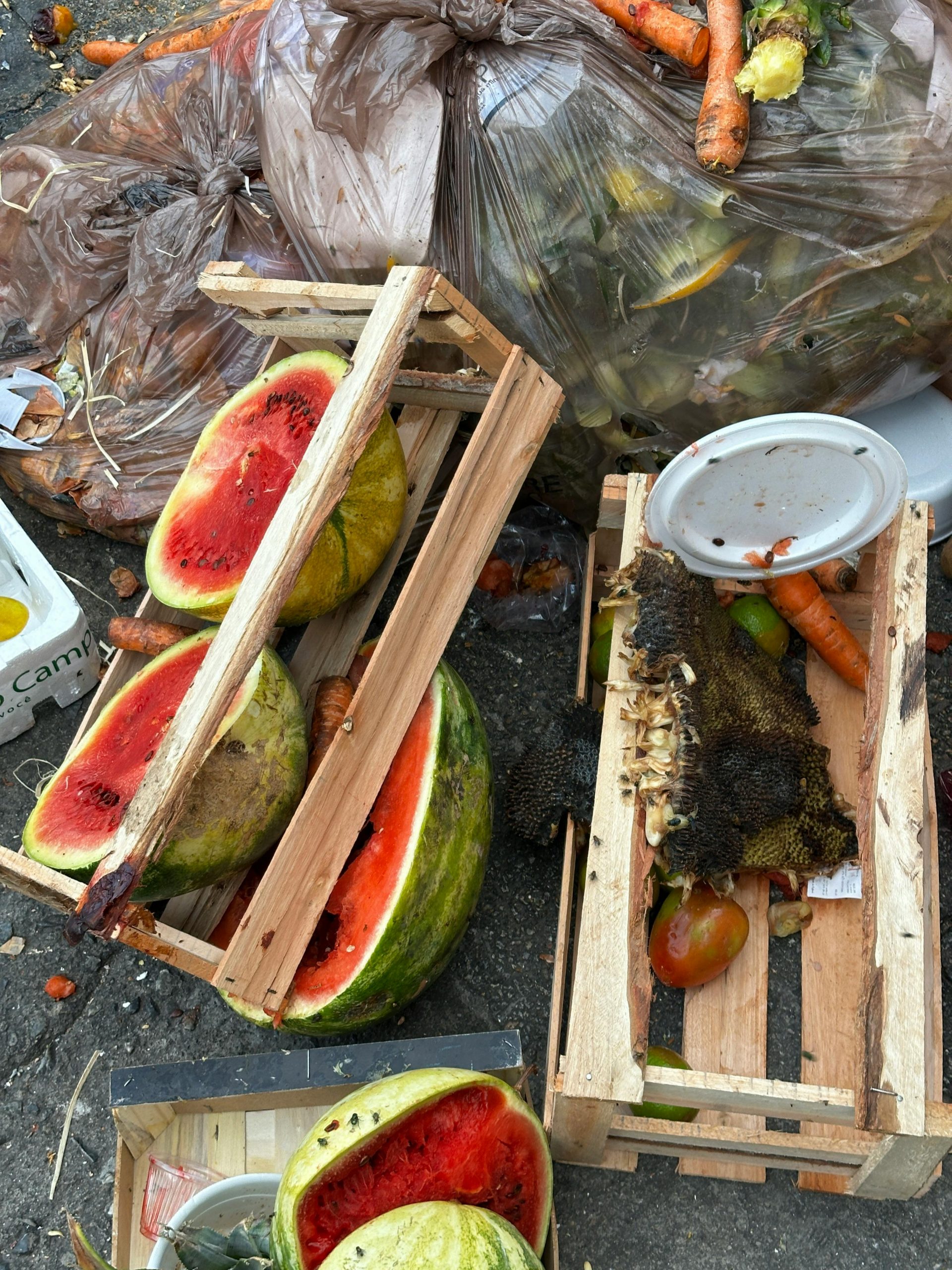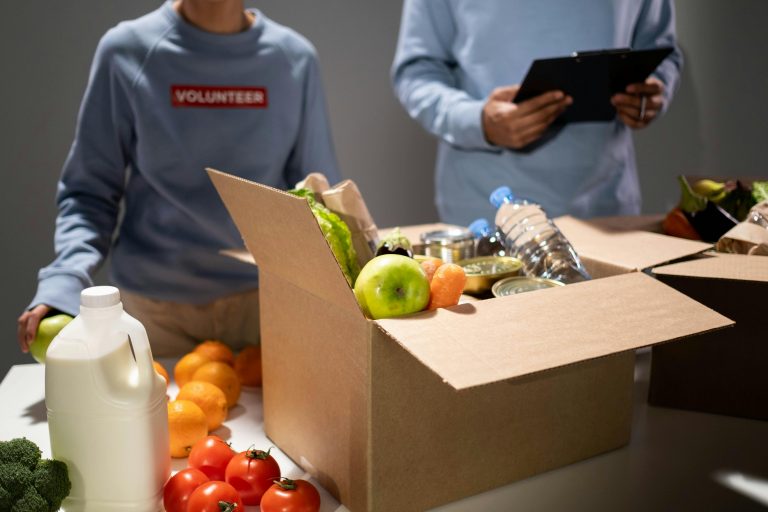Every year, on 30 September, Africa Food and Nutrition Security Day reminds us that food isn’t just about filling our plates or squashing a craving; it’s about nourishing health, supporting communities in need, and building a resilient future with our youth.
In South Africa, food and nutrition security remains a pressing challenge, affecting people across all income levels. It’s not only about hunger; many households face the “triple burden of malnutrition”. Even as millions go hungry in South Africa, nearly 10 million tonnes of edible food are wasted each year. The real challenge not only lies in producing food, but also in making nutritious meals accessible, affordable, and culturally meaningful.
This Africa Food and Nutrition Security Day, we spoke with Nadine du Piesanie, assistant lecturer at the University of Pretoria’s Consumer Sciences Department, about the challenges of food and nutrition security in South Africa, and how students, families, and communities can make a real difference.

Busting common myths
Nadine reminds us that: “Food security means having reliable access to sufficient, safe, and nutritious food that supports growth, development, and a healthy lifestyle. In contrast, food insecurity occurs when these conditions are not met, placing individuals at a higher risk of experiencing the triple burden of malnutrition (TBM).”
- Undernutrition: Insufficient food intake leads to stunting and wasting, commonly seen in young children.
- Micronutrient deficiencies: Often referred to as ‘hidden hunger’, this occurs when diets lack essential vitamins and minerals necessary for healthy growth and development.
- Overnutrition: Consuming excessive calories, often from poor-quality, ultra-processed foods, which can lead to overweight and obesity.
Food insecurity isn’t limited to low-income households; increasingly, middle- and higher-income families struggle to maintain balanced, nutritious diets, especially in cities where cheap processed foods dominate. And it’s not enough to just “have food on the table”; quality really does matter. Real solutions combine nutritious food, education, and systematic changes tailored to local communities.
Why it matters to you
Food security impacts health, learning, and the economy. Nadine notes, “Food security is not merely someone else’s concern; it is a pivotal issue for our collective future. Like sustainability, food waste, and climate change, food insecurity has widespread implications for society as a whole. Hungry children struggle to focus in school, while adults lacking proper nutrition exhibit decreased productivity at work. Over time, food insecurity contributes to higher rates of illness, obesity, and chronic disease, imposing a considerable burden on both families and our healthcare system.”
Supporting food security means healthier families, better education outcomes, stronger communities, and a more robust economy.
How students are making a difference
At the University of Pretoria’s Consumer Sciences Department, students are turning ideas into action. Initiatives like UpCycle transform rescued food into new products, reducing waste while teaching entrepreneurship and sustainability.
The department’s most recent initiative, Landfill to Runway, partnered with the campus feeding program SNAPP (Student Nutrition and Academic Performance Programme), where students designed solutions that respond directly to the food insecurity of vulnerable student groups. Alongside rescuing and transforming products, students also created household-level recipes designed with students’ skill, time, and cooking capacity in mind, based on the types of food they receive through the SNAPP programme.
Additionally, the event showcases the importance of using indigenous and orphan crops, highlighting their hardiness, cultural heritage, nutritional value, and sustainability. “By embedding these crops into consumer education, the initiative aims to demonstrate how traditional foods can play a vital role in fighting food insecurity while reconnecting communities with local food traditions,” says Nadine.
Programs like Moja Gabedi engage students in community gardens and nutrition education, while research projects explore indigenous crops and creative solutions like “pay-it-back” food trucks. Students aren’t just learning – they’re helping build practical solutions to food insecurity.

What you can do at home
Nadine reassures us that we don’t need a big budget or fancy skills to make an impact. Simple steps include:
- Planning meals and shopping with a list to reduce waste.
- Prioritising fruits, vegetables, wholegrains, and legumes.
- Storing foods correctly, making sure to check expiry dates and rotating old stock.
- Supporting local and indigenous produce (don’t shy away from “ugly fruit or vegetables”).
- Using leftovers creatively, freezing surplus food, or composting scraps.
- Teaching children meal prep, budgeting, and healthy eating habits.
- Cooking “root-to-stem” and “nose-to-tail”.
- Serving smaller, wiser portions (you can always help yourself to more).
Food security isn’t just about producing more; it’s about fairness, nutrition, and sustainability. Every household, community, and institution has a role to play. By reducing waste, valuing indigenous crops, and teaching the next generation to make informed food choices, we can move toward a future where Africa’s food systems feed not just mouths, but health, dignity and resilience.
Also See: Easy zero-waste cooking tips

